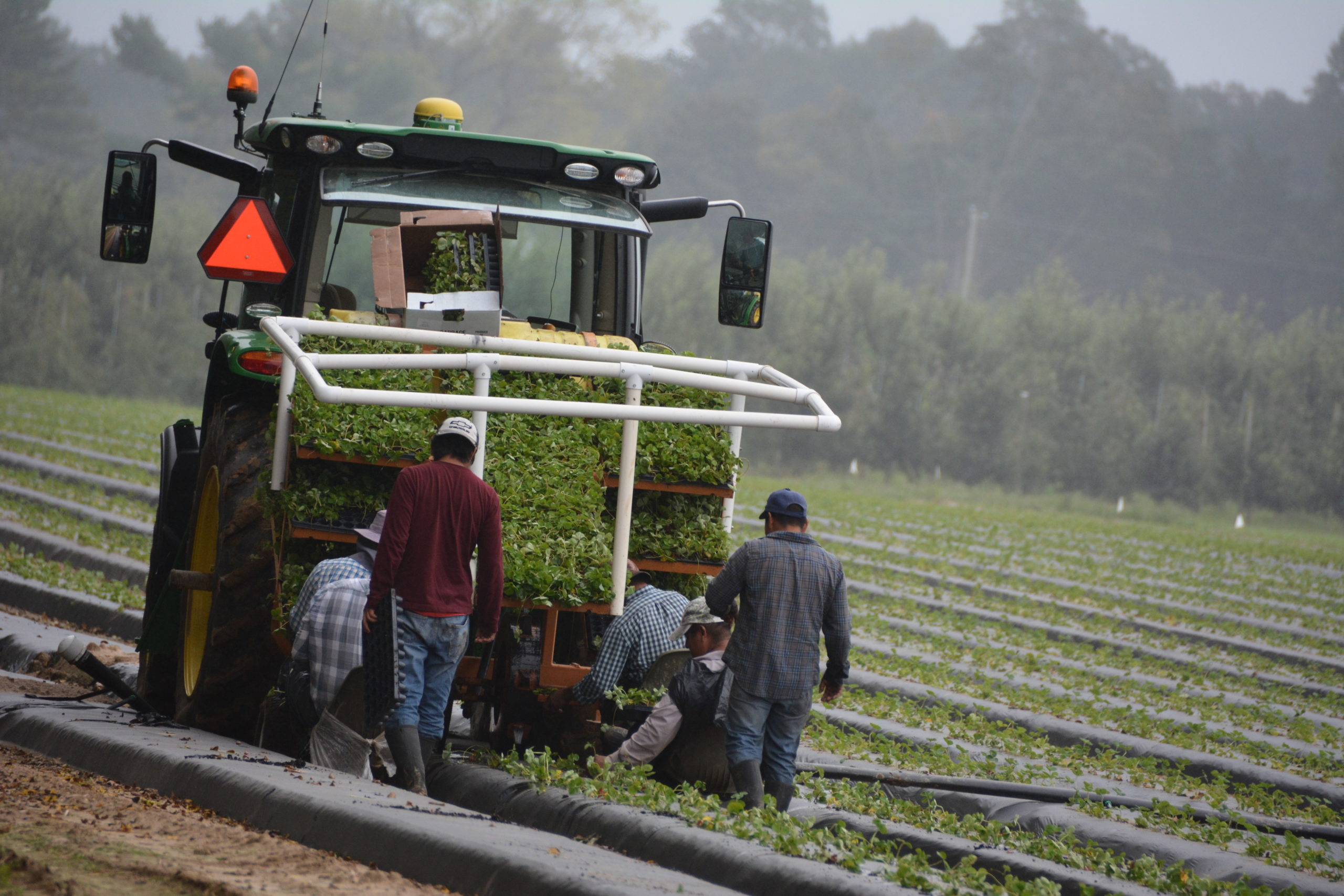A new Social Science publication about the peoples surrounding UC Merced

A new paper was published by Humberto Flores-Landeros, along with Dr. Angel Santiago Fernandez-Bou and Professor Josue Medellin-Azuara. The paper covers the personal environmental and socioeconomic inequities that disproportionately affect these disadvantaged communities.
ABSTRACT
There is a surge of interest in reaching social and environmental justice in California’s disadvantaged communities by governments, nongovernmental organizations, and academia. However, actions taken so far are insufficient to reduce those inequities substantially. We propose the lack of effective policies and relevant scientific work results in part from research that does not consider the communities’ perspectives. The struggles that disadvantaged communities face are broadly understood. Yet, few efforts have been made to communicate directly with these communities to learn about their concerns, priorities, and nuances of their struggles. This article looks to bridge the gap between rural disadvantaged communities’ members and the policies and institutions meant to benefit them. Through our findings, we intend to demonstrate the importance of first person stakeholder input to humanize environmental research and to assist in directing funding that addresses the needs and priorities determined by the communities. In this study, we present the results of 22 interviews of community members and representatives from 12 communities in California’s San Joaquin Valley. The interviews spanned environmental and socioeconomic inequities that disproportionately affect these communities. Among environmental inequities is the reliable access to an acceptable quantity and quality of water, impacts from hydroclimatic hazards (e.g., flood and droughts), and poor air quality. Socioeconomic inequities included insufficient access to food, limited employment opportunities, and disproportionate political representation. Many of these inequities co-occur and significantly impact the day-to-day quality of life of community members. Although communities share similar challenges, many of the identified issues were locally specific, and broad-brush policies could easily overlook them. Learning from the communities’ thoughts and opinions, we gained valuable insight into key issues that may lead to policies and scientific research directly benefiting rural San Joaquin Valley disadvantaged communities. In addition, our research contributes to much-needed stakeholder input focused on co-occurring environmental impacts.
Although communities share similar challenges, many of the identified issues were locally specific, and broad-brush policies could easily overlook them. Learning from the communities’ thoughts and opinions, we gained valuable insight into key issues that may lead to policies and scientific research directly benefiting rural San Joaquin Valley disadvantaged communities. In addition, our research contributes to much-needed stakeholder input focused on co-occurring environmental impacts.


近期评论